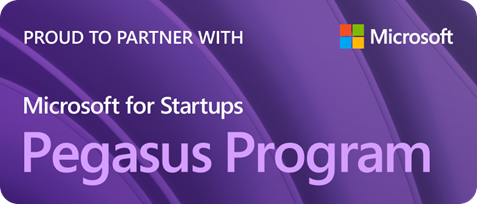Securing Software Products with People in Mind: Interview with Second Front Systems
How Personal Experience and Entrepreneurial Drive Shaped Start Left® Security – A Conversation with CEO, Jeremy Vaughan.
In the latest episode of All Quiet on the Second Front, guest host Enrique Oti dives into a thought-provoking conversation with Jeremy Vaughan,CEO of Start Left® Security, exploring the crucial role of cybersecurity in modern tech development. Episode 70 offers a glimpse into the entrepreneurial journey that shaped Jeremy's vision for Start Left, a platform that embeds security by design into software development. The episode not only explores the origins of Start Left® but also highlights the broader challenges and strategies for startups aiming to integrate advanced security measures early in the development process.
Personal Experiences Driving Innovation
Jeremy’s story is one of personal and professional evolution. Early in the podcast, he shares how a deeply personal experience—when his daughter’s medical device failed due to a software vulnerability—drove him to rethink how security should be approached. This life-altering event inspired his mission to create a platform that embeds proactive security measures from the start, ensuring that critical software is resilient and secure by design. It’s this foundation of personal motivation that pushes Jeremy and Start Left® to focus on security-first innovation, ensuring that no product compromises on safety or reliability.
The Start Left Approach: Secure By Design
Throughout the discussion, Jeremy and Enrique explore the fundamental principles behind Start Left® Security’s platform, including the patented PIRATE® model (Product Integrated Risk Analytics & Threat Evaluation) that provides real-time, contextual threat evaluation. The gamified learning paths and developer empowerment features of the platform are game-changers for growing software teams, ensuring that developers learn and implement security best practices as part of their daily workflow.
Jeremy emphasizes how Start Left® was designed to solve problems that legacy security platforms often ignore—tool chaos, alert fatigue, and the inefficiency of post-development fixes. Instead, Start Left® is a platform for the modern SaaS company, providing an AI-driven Application Security Posture Management (ASPM) solution that integrates seamlessly into development pipelines.
Entrepreneurs and the Security Landscape
One of the key themes explored in the episode is the intersection of entrepreneurship and cybersecurity. Jeremy and Enrique discuss how entrepreneurs, particularly in fast-growing tech startups, are faced with the challenge of balancing innovation with security. Jeremy highlights that many startups often focus on speed-to-market, neglecting the security foundations necessary for long-term success. He argues that, now more than ever, early and integrated security measures are essential to not only protect products but also drive the sustainability and scalability of the business.
Creating a Security-First Culture Through Product Operations
Jeremy Vaughan underscores the need for companies to evolve into Product Operations (ProductOps) to build a true security-first culture. Drawing from Gene Kim’s The Phoenix Project, Jeremy explains that DevOps isn't just about speeding up deployments; it’s about creating *high-performing teams that own their work end-to-end, including managing vulnerabilities and ensuring that security is embedded from the first line of code. By adopting ProductOps, teams take responsibility for product quality and security, allowing organizations to fully leverage DevOps and make security a natural part of delivering high-quality software.
This shift to ProductOps-driven security is central to Start Left®'s mission. Our platform empowers teams to handle security directly through **real-time threat evaluation** and **gamified learning paths** that continuously improve developers' security skills. By aligning security ownership with product development, companies move beyond **reactive security measures**, breaking free from fragmented tools and post-development fixes.
Jeremy also provides practical guidance for startups on how to cultivate a security-first mindset across their teams. He emphasizes that when integrated properly, security is not a bottleneck but a competitive advantage. Start Left® equips teams with the tools to embed security into their workflows, using gamification, learning paths, and continuous threat evaluation to ensure that security scales alongside the business.
The Evolving Cybersecurity Landscape
The conversation also delves into how entrepreneurs and tech companies can influence the evolving cybersecurity landscape. Jeremy shares his vision for proactive security—moving away from outdated approaches like "shift left" and towards “start left” methodologies, where security is built into the first line of code. He also discusses the industry’s growing recognition that SOC 2 compliance is no longer enough. To truly protect modern enterprises, security must evolve alongside development practices.
The Federal Space’s Struggle with Innovation
Another critical topic Jeremy covers in the podcast is the challenge startups face when trying to break into the federal space. Despite the government’s growing demand for innovative solutions that startups offer, regulatory requirements like FedRAMP, CMMC, and other compliance standards make it extremely difficult for new entrants. These regulations are time-consuming and expensive, forcing federal agencies to default to traditional vendors with outdated tools that don’t align with modern DevOps or security-first approaches.
Jeremy points out the danger in this: as critical Federal services try to embrace new ways of working, they’re often stuck with legacy tools that don’t fit the fast-paced and proactive security models required today. Startups like Start Left® are in a unique position to offer scalable, modern solutions that are aligned with DevSecOps practices, but the barriers to entry remain high due to compliance challenges. Jeremy argues that the federal sector is at risk when it tries to deploy modern practices with outdated tools, and a shift in how compliance is handled is critical to enabling more innovation from startups in this space.
Listen Now
Tune in to Episode 70 of All Quiet on the Second Front to hear more from Jeremy Vaughan on how personal experiences and entrepreneurial drive shaped Start Left®, the future of proactive cybersecurity, and why building a security-first culture is essential for every modern tech startup.
---
Key Takeaways:
- Jeremy Vaughan’s entrepreneurial path is rooted in personal experience, driving his commitment to secure-by-design solutions.
- Jeremy discusses how evolving to ProductOps and leveraging DevOps properly can empower teams to take ownership of security and vulnerabilities, ensuring high-quality, secure software.
- Start Left® Security's platform integrates real-time threat evaluation and gamified learning to empower developers and ensure resilient software.
- Start Left® Security offers a modern, scalable platform that addresses these challenges by providing real-time threat evaluation and empowering DevSecOps-driven security practices.
- Startups must balance innovation with proactive security to scale securely and meet the demands of the evolving cybersecurity landscape.
- The federal space struggles with accessing innovative solutions due to the barriers posed by regulatory requirements like FedRAMP and CMMC, often forcing them to stick with legacy vendors and outdated tools.
Make sure to
listen to the full episode for insights on how entrepreneurs can shape the future of tech security while ensuring sustainable growth!
SHARE!
More Resources















